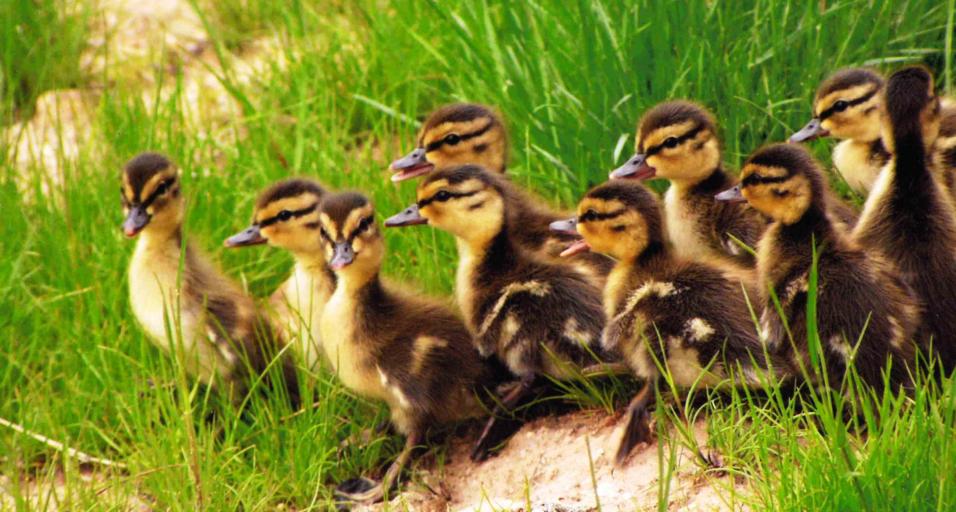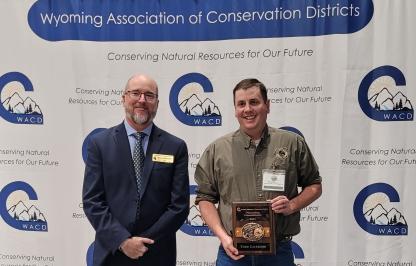Elk, deer and pronghorn have begun giving birth to fawns and calves and some of these newborns may be seen in coming weeks. Each year, Game and Fish personnel get calls from concerned members of the public about baby wildlife that appear orphaned.
“It is rare for a found fawn or calf to truly be orphaned,” said Sheridan Wildlife Biologist Eric Maichak. “As protection from predators, young are intentionally left hidden and alone by the mother for most of the day. The mother visits and cares for her young every few hours, then moves it to a new location to hide again. This is normal behavior. In fact, it's a successful survival strategy for many ungulates.”
To protect young wildlife, if you encounter a fawn or calf, do not approach, touch or move it. Instead, leave the area and keep children and pets from going near the animal.
Even if you don’t see a doe nearby, she is likely in the area and is caring for the fawn. Keep a safe distance from doe deer or other wildlife while you recreate, as they may become protective of hidden young nearby. If walking with a dog, keep it leashed or close to you and consider another route of travel if deer are in an area.
Also, many bird species have already hatched chicks and others will soon. If you come across a fledgling out of a nest, do not move it or try to put it back in a nest. Young birds fall out of nests regularly as they learn to fly. The mother bird is usually nearby, protecting it and providing food.
This is a good conversation to have with children who may find a lone animal, assume it is ‘orphaned’ and think they need to help it. Adults can explain that different animals raise their young in ways that look very different from how human babies are cared for.
However, if a young bird or other small animal is found in a backyard, children can be given some responsibility to protect the animal by keeping any pet cats indoors for several days or taking pet dogs out on leash to keep it away from the animal.
Sick or injured wildlife can be reported to the Sheridan Regional Office at 307-672-7418.



